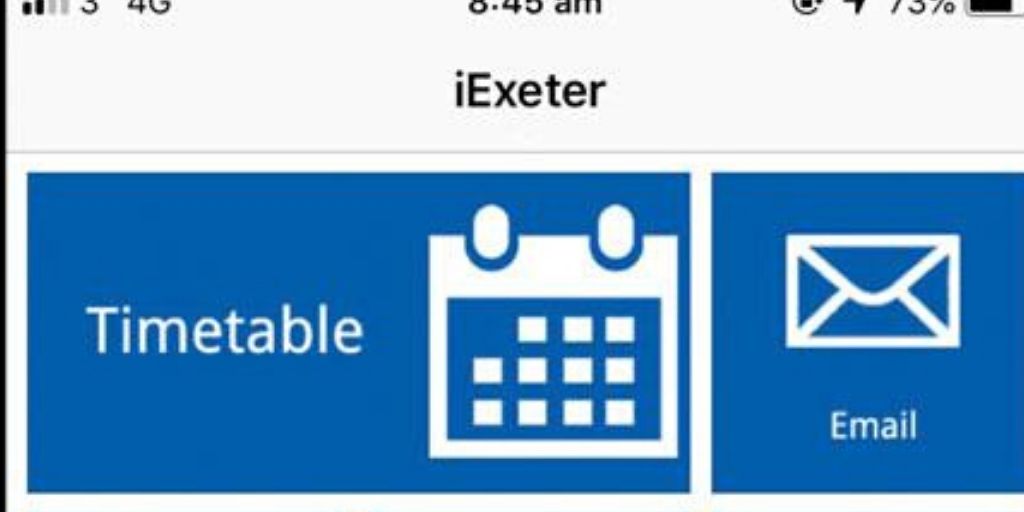Learning How to Enhance the Digital Experience for Students and Staff
Mike Shore-Nye, Registrar and Secretary at the University of Exeter, shares his experiences of developing the iExeter App for staff and students.


Sometimes the best way to learn is by doing. In order for us to get to grips with the digital age we decided a few years ago to enter into the exciting and somewhat complex world of creating a mobile app, which we creatively called iExeter.
The premise of the app is to provide all students with personalised information, services and features to help them make the most of their life and studies here at Exeter. This also helps us provide basic information quickly and simply and allows us to concentrate our efforts onto other more meaningful personalised service transactions which need additional time and resources.
When we embarked on this journey, we knew we would need to be ‘agile’ in our approach which means we would work at pace and learn from our students feedback and of course our mistakes. We undertake regular development Sprints and testing to generate that gold dust feedback and enable improvements to be delivered to our students as soon as they are available. This agility allows the project to adapt to the changing needs of the student community, capturing new ideas as they emerge and re-prioritising improvements ahead of each release.
During the autumn term, we undertook a range of activities to better understand our current digital student user experience in order to use their feedback to help shape our development strategy.
These user experience survey activities focused on students’ interactions across all our digital systems, but more specifically, their interactions with iExeter. In addition to a standard online survey completed by over 1000 students across all years and campuses, we observed specific student behaviour with 18 participants who logged their digital interactions over set periods and were then interviewed to gain further clarification of what worked for them and equally as important, what didn’t.
As you’d expect, their priorities focused on quick and easy access to resources and systems, and a consistent experience as they move between systems. Interestingly, they generally had low expectations as to how digital their University would be, so it was a good feeling to be pleasantly surprising them!
Taking all our learning on board and as part of the continual evolution of the app, we decided this project should be extended to staff – giving them an easy place to access services and relevant information at the touch of button.
Deploying once again my legendary creativity we have named it the iExeter App for Staff and because we wanted to take the same agile approach as had worked for the student App we first launched with a robust beta test phase. Volunteers were sourced from across our academic and Professional Services communities to take part in a pilot user group over two months. Their feedback was then gathered and incorporated into the first release which we launched last month to all staff.
The app is fully customisable and staff can personalise the interface by adding and removing tiles. So far, the app has been well received and a specific iExeter feedback tile has been included within the app which has proved a successful way to receive timely feedback from colleagues. We are continually looking at ways to optimise the user’s experience and the suggestions and requirements that have been received are being worked through with subject matter experts to ensure relevant and correct information is being provided to the end user.
Now all of that progress to improve the staff experience is of course great but the real benefit of the project is the learning that all of my leadership team are doing from using an app and thinking about how they can engage and support their customers better digitally.
Sometimes the best way to learn really is by doing.
